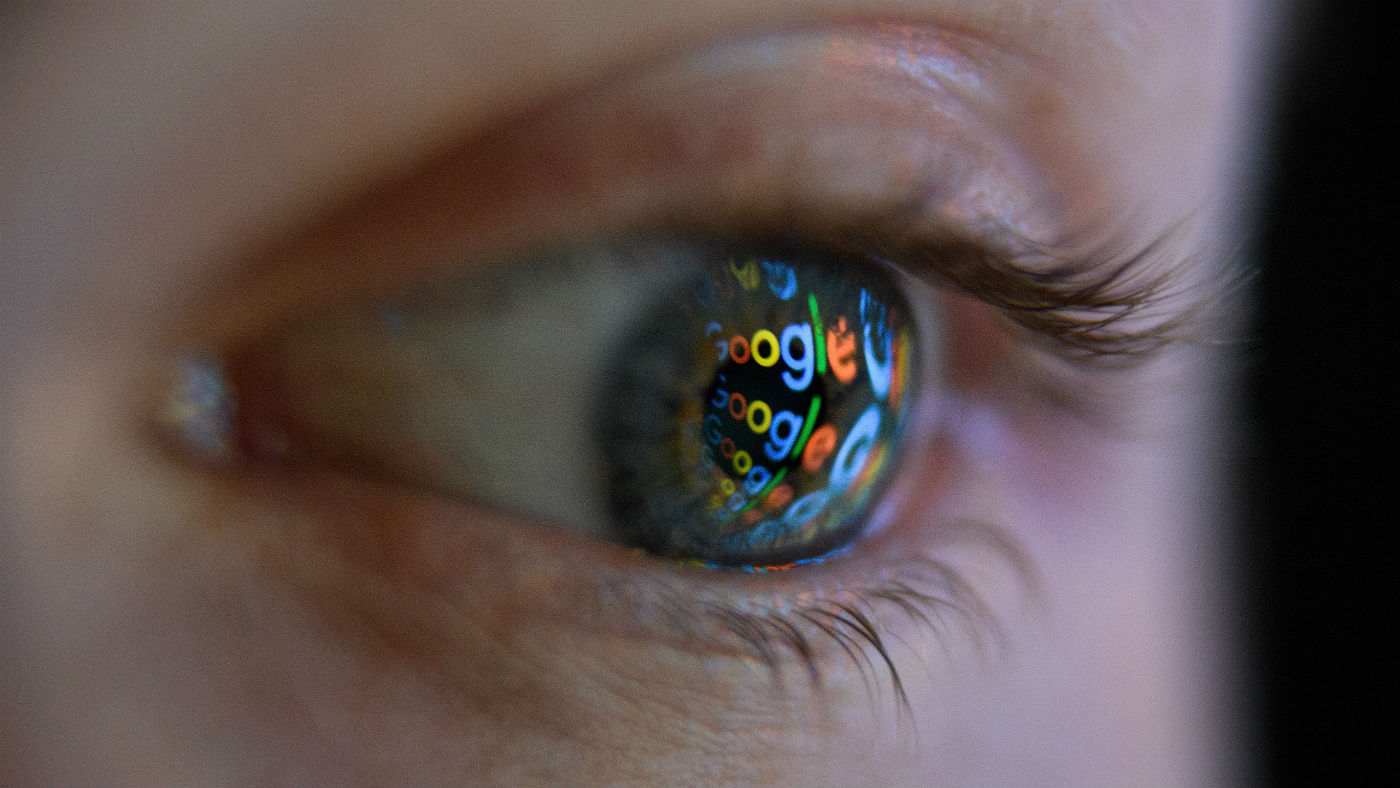France’s new digital tax explained
3% levy on revenue of big tech firms like Google and Facebook faces stiff opposition from Washington

A free daily email with the biggest news stories of the day – and the best features from TheWeek.com
You are now subscribed
Your newsletter sign-up was successful
The French Senate has approved a controversial new tax on international tech giants, despite threats of retaliation from the US and concern it could open a new front in a transatlantic trade war.
The so-called ‘digital tax’ will impose a 3% levy on sales generated domestically by multinational technology firms worth more than €750m - of which at least €25m has to be generated in France.
It will be retroactively applied from early 2019, and is expected to raise about €400m this year.
The Week
Escape your echo chamber. Get the facts behind the news, plus analysis from multiple perspectives.

Sign up for The Week's Free Newsletters
From our morning news briefing to a weekly Good News Newsletter, get the best of The Week delivered directly to your inbox.
From our morning news briefing to a weekly Good News Newsletter, get the best of The Week delivered directly to your inbox.
The BBC estimates the new tax will affect about 30 companies – “mostly US groups such as Alphabet, Apple, Facebook, Amazon and Microsoft” although Chinese, German, Spanish and British firms are also affected, as well as the French online advertising firm Criteo.
It comes after EU efforts to impose a similar tax were rebuffed by the likes of Ireland, the Czech Republic, Sweden and Finland.
France has long argued that taxes should be based on digital, not just physical presence. The European Commission has estimated that multinational digital companies with investments in the EU are on average taxed at a rate 14% below that of other firms.
Reuters reports that “political pressure to respond has been growing as local retailers in high streets and online have been disadvantaged; French President Emmanuel Macron has said that taxing big tech more heavily is an issue of social justice”.
A free daily email with the biggest news stories of the day – and the best features from TheWeek.com
The Trump administration has denounced the new law, which it says unfairly targets US firms.
On Wednesday, US trade representative Robert Lighthizer said an investigation would “determine whether it is discriminatory or unreasonable and burdens or restricts United States commerce”.
And in a rare show of unity with the Trump administration, online retailer Amazon, whose founder Jeff Bezos has been the repeated subject of attack from the president, said in a statement reported by CNBC:
“We applaud the Trump Administration for taking decisive action against France and for signalling to all of America’s trading partners that the US government will not acquiesce to tax and trade policies that discriminate against American businesses.”
“The choice of weapon is telling,” says Lionel Laurent in Bloomberg. “Trump has used this type of inquiry against China to attack it with unilateral tariffs. This isn’t about patiently waiting for a ruling from the WTO, this is the stuff of trade wars.”
Reuters says that while “the digital tax spat is separate from the transatlantic trade row, [it] could be used by Trump to try to obtain EU concessions on the trade front”.
“What happens next is a big test of whether Europe will stand by France despite the obvious divide and rule tactics from the White House,” says Laurent.
France will be hoping that other countries follow it's lead, providing safety in numbers, writes BBC North America technology report Dave Lee. Or that its move “gives added energy to calls for a multilateral agreement on how digital firms should be taxed globally, putting an end to the squirreling-away of vast sums of money made by internet giants”.
Elliott Goat is a freelance writer at The Week Digital. A winner of The Independent's Wyn Harness Award, he has been a journalist for over a decade with a focus on human rights, disinformation and elections. He is co-founder and director of Brussels-based investigative NGO Unhack Democracy, which works to support electoral integrity across Europe. A Winston Churchill Memorial Trust Fellow focusing on unions and the Future of Work, Elliott is a founding member of the RSA's Good Work Guild and a contributor to the International State Crime Initiative, an interdisciplinary forum for research, reportage and training on state violence and corruption.
-
 9 products to jazz up your letters and cards
9 products to jazz up your letters and cardsThe Week Recommends Get the write stuff
-
 AI surgical tools might be injuring patients
AI surgical tools might be injuring patientsUnder the Radar More than 1,300 AI-assisted medical devices have FDA approval
-
 ‘Zero trimester’ influencers believe a healthy pregnancy is a choice
‘Zero trimester’ influencers believe a healthy pregnancy is a choiceThe Explainer Is prepping during the preconception period the answer for hopeful couples?
-
 Can Europe regain its digital sovereignty?
Can Europe regain its digital sovereignty?Today’s Big Question EU is trying to reduce reliance on US Big Tech and cloud computing in face of hostile Donald Trump, but lack of comparable alternatives remains a worry
-
 Will AI kill the smartphone?
Will AI kill the smartphone?In The Spotlight OpenAI and Meta want to unseat the ‘Lennon and McCartney’ of the gadget era
-
 Is social media over?
Is social media over?Today’s Big Question We may look back on 2025 as the moment social media jumped the shark
-
 Has Google burst the Nvidia bubble?
Has Google burst the Nvidia bubble?Today’s Big Question The world’s most valuable company faces a challenge from Google, as companies eye up ‘more specialised’ and ‘less power-hungry’ alternatives
-
 Why Trump pardoned crypto criminal Changpeng Zhao
Why Trump pardoned crypto criminal Changpeng ZhaoIn the Spotlight Binance founder’s tactical pardon shows recklessness is rewarded by the Trump White House
-
 How the online world relies on AWS cloud servers
How the online world relies on AWS cloud serversThe Explainer Chaos caused by Monday’s online outage shows that ‘when AWS sneezes, half the internet catches the flu’
-
 Is the UK government getting too close to Big Tech?
Is the UK government getting too close to Big Tech?Today’s Big Question US-UK tech pact, supported by Nvidia and OpenAI, is part of Silicon Valley drive to ‘lock in’ American AI with US allies
-
 Google: A monopoly past its prime?
Google: A monopoly past its prime?Feature Google’s antitrust case ends with a slap on the wrist as courts struggle to keep up with the tech industry’s rapid changes